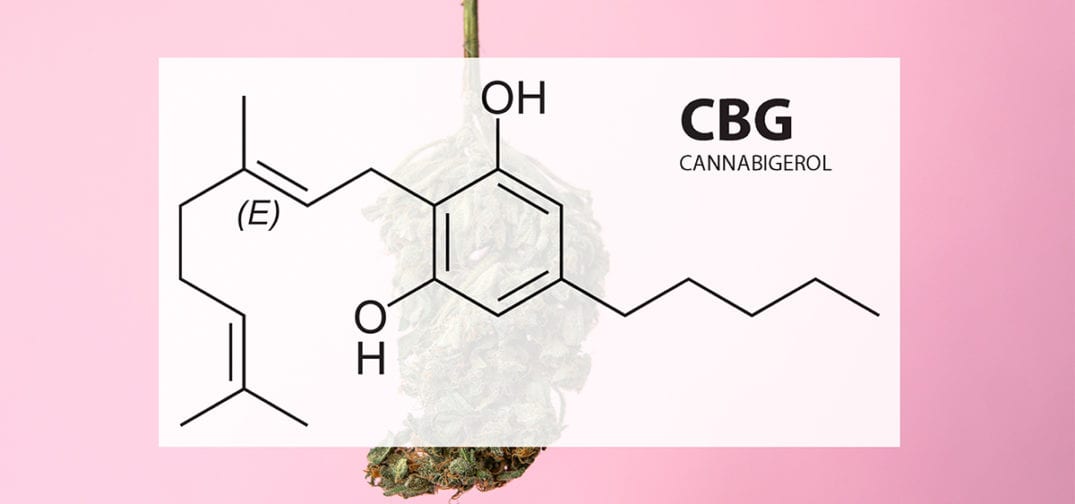The cannabinoid cannabigerol (CBG) was found by researchers in Slovenia effective at impairing the progression of glioblastoma – which is considered the most aggressive among primary brain tumors – in a cell culture study published this month in the open-source journal Cells. The study was funded by Australian cannabis company MGC Pharmaceuticals and conducted through the University Medical Centre Ljubljana, Department of Neurosurgery.
The overall survival mean following a glioblastoma diagnosis is just 16 months.
The researchers found that CBD and CBG, both alone and in combination, stopped the proliferation of glioblastoma cells, while a combination of CBG and THC “reduced the viability of both types of cells to a similar extent.” Combining CBD with CBG “was more efficient than with THC,” the researchers found, adding that CBG and CBD “inhibited glioblastoma invasion in a similar manner” to the chemotherapeutic drug temozolomide.
“This is the first report to demonstrate that the non-intoxicating cannabinoid CBG alone and in combination with CBD efficiently targets two key elements that otherwise prevent the successful treatment of GB patients with current therapeutics: Firstly, to overcome [Glioblastoma Stem Cells] resistance to cytotoxic agents and to induce apoptosis, and secondly, to inhibit GB cell invasion.” – Cannabigerol is a Potential Therapeutic Agent in a Novel Combined Therapy for Glioblastoma, Cells, Feb. 5, 2021
Additionally, the researchers found CBG showed stronger efficacy to inhibit glioblastoma cells than temozolomide, inhibiting 90% of some cell lines, compared to the 50% inhibited by the chemotherapy drug, but cutting the CBG used dropped the efficacy of other cell lines to 50%, while temozolomide was effective by 40% to 60% on the cell line.
The researchers noted that CBG and CBD also increased appetite while preventing some chemotherapy side effects.
Get daily cannabis business news updates. Subscribe
End
